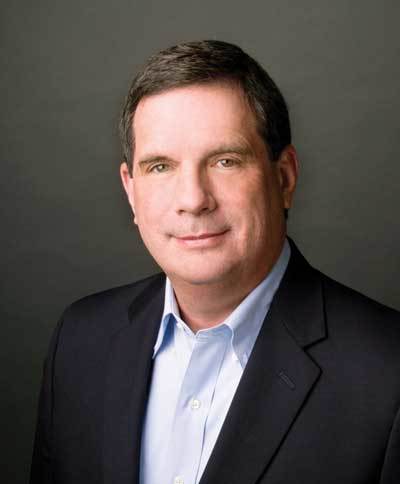5 Reasons Why Millennials Do Not Want to Be Pastors or Staff in Established Churches
Not all Millennials are averse to serving in leadership roles in established churches. But many of them are. And our churches are approaching a tipping point where many are unable to attract Millennial members or leaders. It will likely soon be a crisis.

What is it about established churches that push away Millennials? Let's examine that question first, and then let's look at some possible solutions.
1. Millennials perceive established churches to have values that are entrenched in non-missional traditions. Millennials have values that focus on community, cooperation, and service to others. They see established churches as barriers to those values, institutions that are more concerned about maintaining the status quo rather than making a missional difference.
2. They perceive that much time in established churches is wasted catering to members' personal preferences. For a number of Millennials, the established church feels more like a religious country club rather than an outwardly-focused organization. Budgets, ministries, and activities seem to be focused on preferences of members rather than reaching out to others.
3. Many established churches are denominationally loyal; but many Millennials see denominations as antiquated organizations. If a church is affiliated with a denomination, this younger generation views both the church and the denomination as anachronisms. They don't see either as effective or relevant.
4. Millennials don't see established churches as community-centric. The men and women of this generation typically have a heart for their community. Many have become key to the revitalization of urban communities and other locales. But they see most established churches with a minimal focus at best on the community in which they are located
5. Millennials see church planting as a far superior alternative. To use a well-worn phrase, they would rather have babies than raise the dead. They see futility in wasting precious resources of people, time, and money on churches that will not likely budge or change.
As a reminder, the Millennials are almost 80 million in number. While Christians comprise only about 15 percent of this generation, they still are an influential force in our churches. And, to this generation's credit and defense, many of their concerns are valid.
But here is a dose of reality. There are about 350,000 established churches in America alone. They represent untold resources of people and time, not to mention billions of dollars in property. It would be a shame to abandon those churches at such a pivotal time in our world.
My plea to Millennials is not to abandon established churches. Not all of them are as bad as many think. Consider yourself to be a part of the solution.
Above all, look at these churches as mission fields just as you would a ministry in a distant continent. We need Millennials in established churches. Your present and future leadership is vital. Granted, church revitalization is messy and not easy. It is often slow, methodical, and frustrating.
But God loves the members of established churches just as He loves the members of new works. Prayerfully consider, my Millennial friends, if God might be calling you to this ministry. It might just become the mission field where you can make a huge difference.




























